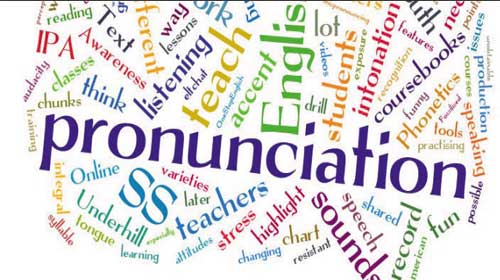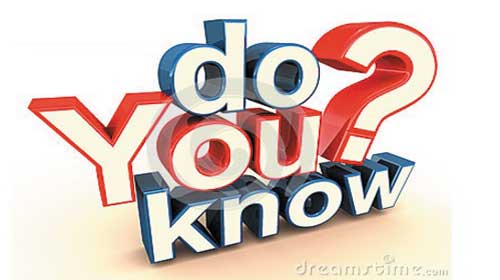
Due to the difference of pronunciation features among a range of lands, provinces in Vietnam, the natives have their own ways of pronouncing based on regional characteristics. During the long period of teaching pronunciation in English, I have realized an amazing situation of the way how the residents in “Xu Nau” land, known as Phu Yen, pronounce.




